When I first got interested in classical music, my music teacher told us an interesting story about Beethoven. When the composer had finished his 3rd symphony, he dedicated the work to Napoleon. When Napoleon crowned himself Emperor, however, Beethoven was furious. He scratched out the original dedication and eventually replaced it with “to the memory of a great man.” Today we know this symphony as the “Eroica,” and this anecdote has always influenced the way I hear this piece. Since it is written in E-flat Major, I associate this particular key with the heroic and majestic.
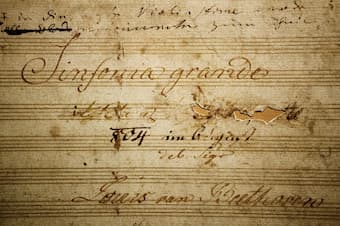
Beethoven’s Eroica Symphony title page, the dedication to Napoleon is scratched out
To me, E-flat major sounds regal, stately, and imposing. But not everybody agrees. One critic writes that E-flat major is “cruel and harsh,” while another considers it the “key of love, devotion, and of intimate conversation with God.” It is also considered “at once serious and solemn, an exponent of courage and determination that gives a piece a brilliant, firm and dignified character.” Interestingly, it is also considered the “most masculine key.”
Beethoven: Piano Concerto No. 5, “Emperor”
Without further ado, let me introduce you to my best songs in the key of E-flat major. Beethoven wrote many songs in that key, including the already mentioned “Eroica Symphony.” However, my favourite Beethoven song in that key has to be the “Emperor Concerto.” It certainly is a very masculine work, and one of the all-time best concertos in classical music.
Mendelssohn: Octet
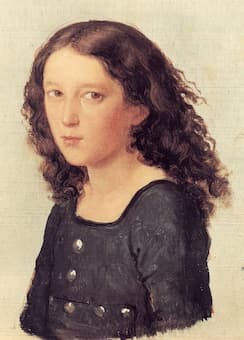
Mendelssohn at 12 years old
Felix Mendelssohn might have been the most talented musical genius of all time. And since his family was seriously wealthy, Felix was able to get the best musical education money could buy. His parents also organized weekly salons, and it was said, “Europe came to their living room.” Felix would present his latest compositions, performed by highly-profile personalities and musicians. When Felix was only 16 years of age he already had written one of his masterpieces, the “Octet” in E-flat major. The violinist Eduard Rietz inspired this piece, and Mendelssohn writes, “I long earnestly for his violin and his depth of feeling.” Rietz was only slightly older then Mendelssohn, and he unexpectedly died. Mendelssohn was deeply affected and he wrote to the family, “it is but yesterday that I heard of my irreparable loss… I never again can feel happy.” For me, the “Octet” has it all. It’s perfectly balanced and superbly crafted; full of beautiful tone colours, lyrical melodies and lots of counterpoint. It’s almost impossible to imagine that a mere teenager composed this wonderful song in E-flat major.
Tchaikovsky: 1812 Overture
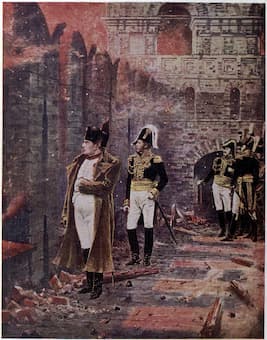
Napoleon watching the fire of Moscow, 1812
To my ears, the Mendelssohn Octet doesn’t sound particularly regal or masculine, but rather refined and proud. Things are different in the “1812 Overture” by Tchaikovsky. Since the composer specified the inclusion of actual cannons in the score, it became a popular spectacle and one of the outwardly most forceful songs ever written. Tchaikovsky was commissioned to write this overture for the celebration of the opening of the Cathedral of Christ the Saviour. That opening coincided with the Moscow Exhibition of Industry and the Arts and the silver jubilee of Tsar Alexander II. Furthermore, the Cathedral was designed to also celebrate the year 1812, when the armies of Napoleon had been forced to retreat from Moscow. The music becomes a graphic description of that conflict, hence the canons and a series of Orthodox chants and folksongs alongside the French “Marseillaise.” It certainly is a rousing piece of music, and for me one of the best songs in the key of E-flat major.
Pyotr Ilyich Tchaikovsky: 1812 Festival Overture, Op. 49 (Academy of St. Martin in the Fields Orchestra; Neville Marriner, cond.)
Schumann: Piano Quartet, Op. 47
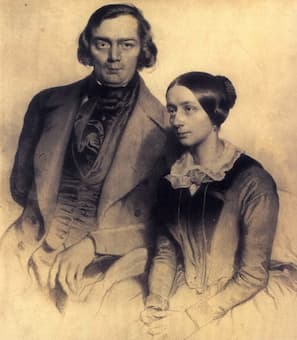
Robert and Clara Schumann
Robert Schumann had a really difficult time when it came to marrying his sweetheart Clara Wieck. Her father wanted nothing to do with the “old alcoholic,” and took them to court to prevent the marriage. He claimed that Schumann was a “useless dreamer,” who would be unable to financially support his daughter. To prove him wrong, Schumann composed more than 100 songs in the first six months of 1840. These songs proofed highly popular, and Schumann eared a good bit of money. When he presented the financial figures to the court, the judges were satisfied and Robert and Clara married in September of the same year. Once Robert had gotten his girl, he turned his attention towards establishing his professional reputation. Trying to escape the shadow of Beethoven, Schumann wrote a series of beautiful chamber compositions. And among them is the Piano Quartet Op. 47, in E-flat major. Full of romantic melodies, this work also features a vigorous and stately Scherzo. For me, it is one of the best songs in E-flat major.
Mozart: Sinfonia concertante, K. 364
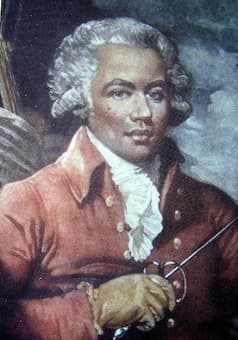
Joseph Boulogne, Chevalier de Saint-Georges
In his youth, Wolfgang Amadeus Mozart frequently traveled throughout Europe. Accompanied by his father, and sometimes his sister, he traveled multiple times to Italy, England and France. When he arrived in Paris in 1778, Mozart met Joseph Boulogne, le Chevalier de Saint-Georges. Born in Guadaloupe as son of a French colonial planter and a beautiful Senegalese slave, the Chevalier was a skillful swordsman and the musical director and resident composer of a professional orchestra. It is told that he experimented with a hybrid musical form that merged the symphony and the concerto. That new musical form was called “Sinfonia concertante,” and usually featured two or more soloists. Mozart was really impressed, and soon after returning to Salzburg he composed his most famous work in this new genre, the Sinfonia Concertante for violin, viola, and orchestra in E-flat major. It features a delightful musical dialogue and beautiful orchestral colours, and for me personally, it is one of the best songs in E-flat major. Do you have a favourite?
For more of the best in classical music, sign up to our E-Newsletter

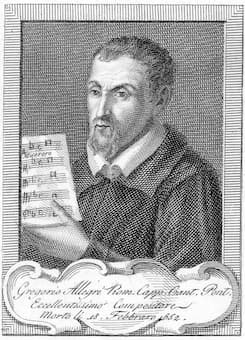
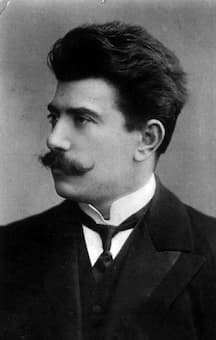
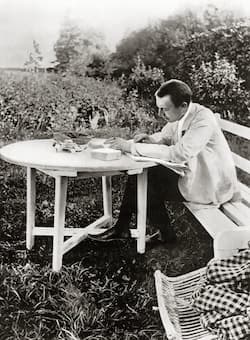
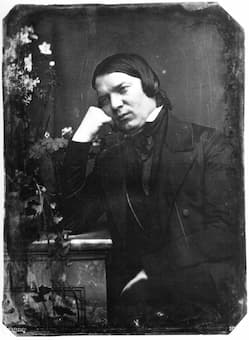
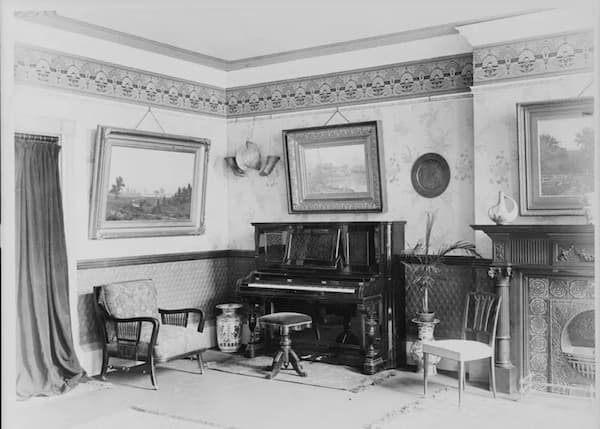
An illustration article, but It’s disheartening to see symphonies and concertos called “songs.” Beethoven did indeed compose songs, but the Eroica isn’t one of them
I agree. Perhaps classical music would be a more accurate description. And how about Das Rheingold Prelude?